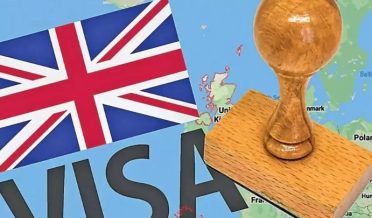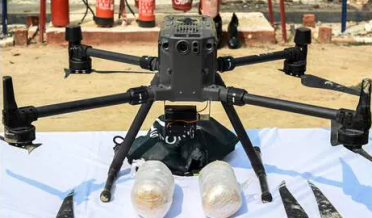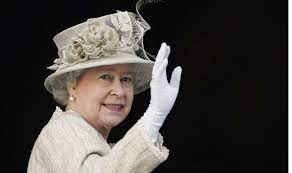As the UK left the EU and expanding its trade relations with the non-EU countries, Pakistan offers unique opportunities since Brexit coincides with the development of the China-Pakistan Economic Corridor (CPEC). Pakistan’s existing capacity coupled with its projected potential by virtue of the CPEC is steadily enhancing its profile as a trading partner for the developed countries. Cooperation in the Pakistan-UK bilateral trade and investment can be conceived in terms of their current trade profiles and the outlook. On the ground, it may be categorised at three levels: frameworks of bilateral economic relations, research, and development collaboration, and import and export of goods and services. In this scenario, the best decisions would be those negotiated in the present envisaging an outlook for the future. Pakistan’s population of over 200 million is world’s 6th largest and boasts 64% of its citizens aged between 18 and 30 years.
The China-Pakistan Economic Corridor (CPEC) is a framework of regional connectivity comprising a set of roads, rails, and energy infrastructure projects. China and Pakistan have agreed to complete these projects worth $62 billion over a period of 15 years through long-term government-to-government concessional and preferential loans and grants from China. The investment in the early-harvest energy projects is in IPP mode with funding from the Chinese banks and investors.
Operational details of the CPEC projects indicate that Pakistan is experiencing a decentralisation of economic diplomacy. Players have moved down to the agency and project level and the involvement of government functionaries is diverse and minimal. Following the launch of the CPEC there have been several calls for institutional and structural reforms in Pakistan whereby it can leverage its geographic advantages. Likewise, Pakistan has recognised the importance of inter-ministerial liaison and economic diplomacy strategies to attract foreign investment. Foreign Minister Qureshi, setting forth Pakistan’s policy priorities, has declared that to facilitate foreign investment the Foreign Office will be working closely with other ministries. Deliberations at a recent convention of Pakistan’s ambassadors to its trading partners were focused on economic diplomacy as a core strategy in Pakistan’s foreign policy. Pakistan Foreign Office press release confirms that Pakistan-UK trade opportunities in the post-Brexit scenario are on the agenda of the two countries. In a telephone conversation with Jeremey Hunt, his British counterpart, FM Qureshi discussed trade cooperation between Pakistan and the UK on 11th December 2018 and expressed hope for new opportunities for trade in the post-Brexit scenario.
The Pakistani markets have already demonstrated vast scope for capacity building in manufacturing and services industries. There is a high demand for standardisation and quality control, research collaboration, and training in sectors such as logistics and transportation, construction, higher education, agricultural technology, and renewable energy. Evidently, the UK industries are well placed to exploit these opportunities. At the sectoral level, several emerging and established sectors are untapped markets in Pakistan and offer lucrative opportunities for the UK businesses. As a fast-growing internet and ecommerce market, Pakistan has opportunities in e-commerce automation including payment systems, logistics, and training. Other key sectors with trade and investment opportunities in Pakistan are infrastructure development, transportation including road freight and temperature-controlled logistics, urban transport, renewable energy, agricultural technology, health, education, and textile and apparel (given its GSP plus status).
Pakistan’s established exports are textile products, rice, sports and leather goods, and surgical instruments. At present, it is looking to find new markets for its fisheries and seafood, minerals, poultry and meat, and gems and jewellery. What is lacking in Pakistan is quality research and the linkage between the academia and the industry. Manufacturers routinely hire foreign technical support. For example, Pakistan imports energy sector products, including alternative and renewable energy, but lacks operational expertise in this sector. As the UK government seeks to improve the way it engages with and supports businesses for trade and investment, visa and immigration constitutes an important consideration. A common constraint in the engagement of responsible businesses in Pakistan is the requirements of the UK’s visa and immigration process. Especially, the new businesses and the first-time exporters/importers commonly run into visa issues and need more recognition and visa options to overcome this issue. A quick look into Pakistan’s cultural profile shows that face is an important consideration for the Pakistani businessmen.
Editor







